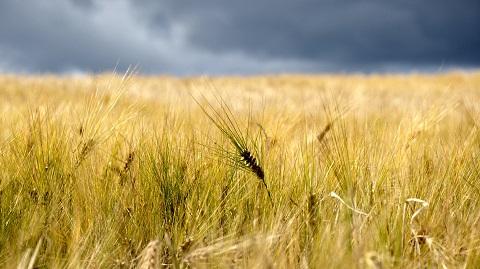HELCOM’s role
Traditionally, HELCOM has addressed prevention of pollution from agriculture both through general legal requirements set in part 2 of Annex III of the Helsinki Convention (1992, revised in 2021), as well as by supporting implementation of other frameworks in the region, such as the EU Nitrate Directive, Industrial Emissions Directive, Common Agricultural Policy, and EU Strategy for the Baltic Sea Region.
Since 2007, HELCOM has been implementing the Baltic Sea Action Plan, and since 2010, it has been actively supporting increased cross-sectoral collaboration on agricultural issues, ensuring multi-voiced discussions to promote prosperity across the region without unnecessary harm to our beautiful and plentiful Baltic Sea. This effort has been carried out through various regular work strands, including discussion forums and working groups.
Linking environmental challenges and agricultural sector realities
Agriculture is one of the core areas of HELCOM operations, with the 2021 Baltic Sea Action Plan and the Baltic Sea Regional Nutrient Recycling Strategy serving as the strategic programmes steering the work. Regular activities, such as the collection and analysis of data on nutrients inputs, ensure follow-up on land-based pollution issues in a regional context. Through the Working Group on Source to Sea Management of Nutrients and Hazardous Substances and Sustainable Agricultural Practices (WG Source to sea), HELCOM facilitates dialogue between agricultural and environmental authorities to develop and apply sustainable agricultural practices with the least environmental impact on the Baltic Sea.
In implementing coordinated measures to address pollution inputs from agriculture, HELCOM actively cooperates with the EU Strategy for the Baltic Sea Region and its relevant priority areas:
- Nutri – Reducing nutrient inputs to the sea
- Bioeconomy – Reinforcing sustainability of agriculture, forestry and fisheries

